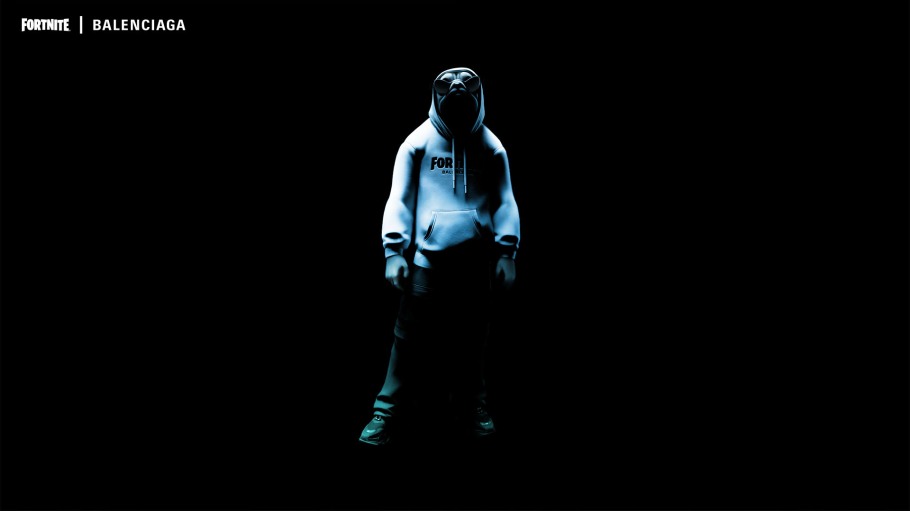The metaverse should eventually bring mega bucks to luxury goods players.
According to a new report by Morgan Stanley, social gaming could add up to $20 billion to the sector’s total addressable market, while NFTs in the form of luxury collectibles could become a $25 billion business in Morgan Stanley’s “blue-sky analysis.”
While revenues from these digital streams are negligible now, metaverse gaming and NFTs could represent 10 percent of luxury’s addressable market by 2030, the investment firm predicts.
“One in five Roblox gamers update their avatar daily; image is everything in virtual experiences,” the report says. “Revenue share deals are on the rise and music events have potential to reach vast audiences of young spenders.”
Balenciaga, which launched “skins” for Fortnite players in September, is seen as having a first-mover advantage, and the fashion house’s parent, Kering, is seen as “best placed” among luxury players “given the group’s brand demographics” and its “head start in innovative digital collaborations.”
Morgan Stanley cautions that the metaverse will take many years to develop, with NFTs and social gaming, which includes concerts, as the most attractive near-term opportunities.
Gaming collaborations are seen as “more advanced in their ability to generate revenue and a wider halo effect for the industry,” while NFTs are seen as more profit-generating. The former is seen representing 40 percent of metaverse revenues, but only 20 percent of profits by 2030, the report says.
As people spend more time interacting with friends on social media and gaming platforms than in real life, so grows the opportunity for digital fashions and luxury goods. Heritage names, “with their vast IP build over decades, are set to be the main beneficiaries” as demand grows for branded goods and clothing for avatars, according to Morgan Stanley.
For example, Gucci sold a digital version of its Dionysus bag on Roblox for about $4,115 last August, which is roughly 20 percent more than the physical object.
Watchmaker Jacob & Co. is touted as the first luxury brand to sell an NFT: a one-of-a-kind watch that sold at auction for $100,000, while Dolce & Gabbana netted $5.7 million by auctioning a nine-piece collection of NFTs alongside some actual couture garments.

While brands including Burberry, Louis Vuitton, Karl Lagerfeld, Clinique and Givenchy Parfums have also ventured into NFTs, Morgan Stanley estimates that NFTs from luxury brands will account for less than 1 percent of all NFT transactions this year.
“Luxury is all about control and brand equity protection. So, as happened with the advent of e-commerce, luxury brands have so far adopted a conservative approach, only testing the waters,” the report says.
Yet the metaverse offers luxury brands exposure to teenage customers, and male customers, who currently account for only 30 percent of luxury purchases.
“Digital avatars, NFTs and gaming partnerships offer fertile ground to build relationships with these demographics and recruit new/future customers,” the report says. “Brands are in a proof-of-concept stage for both NFTs and metaverse gaming, and the evidence to date is that each concept works. Next comes monetization.”

